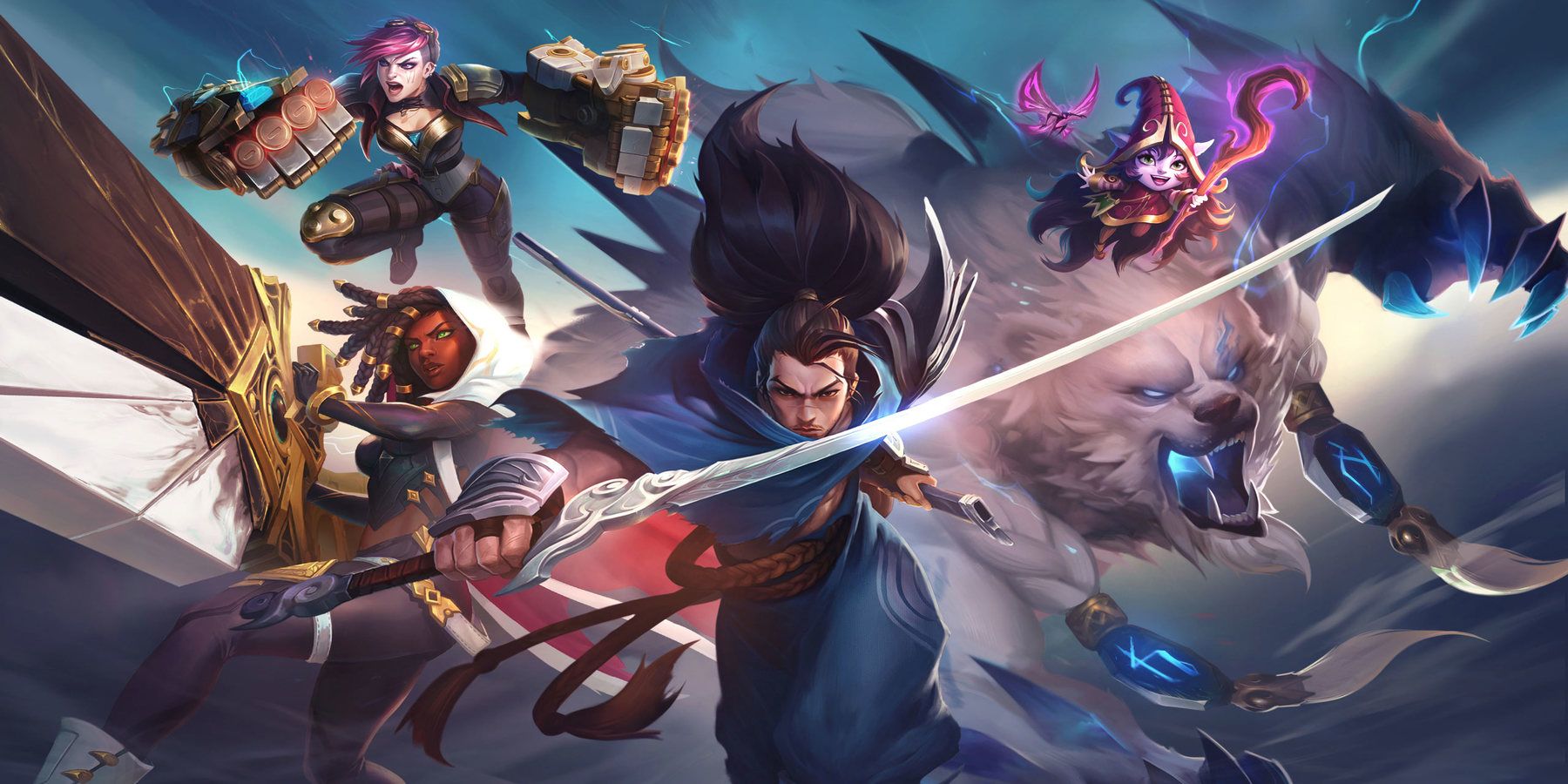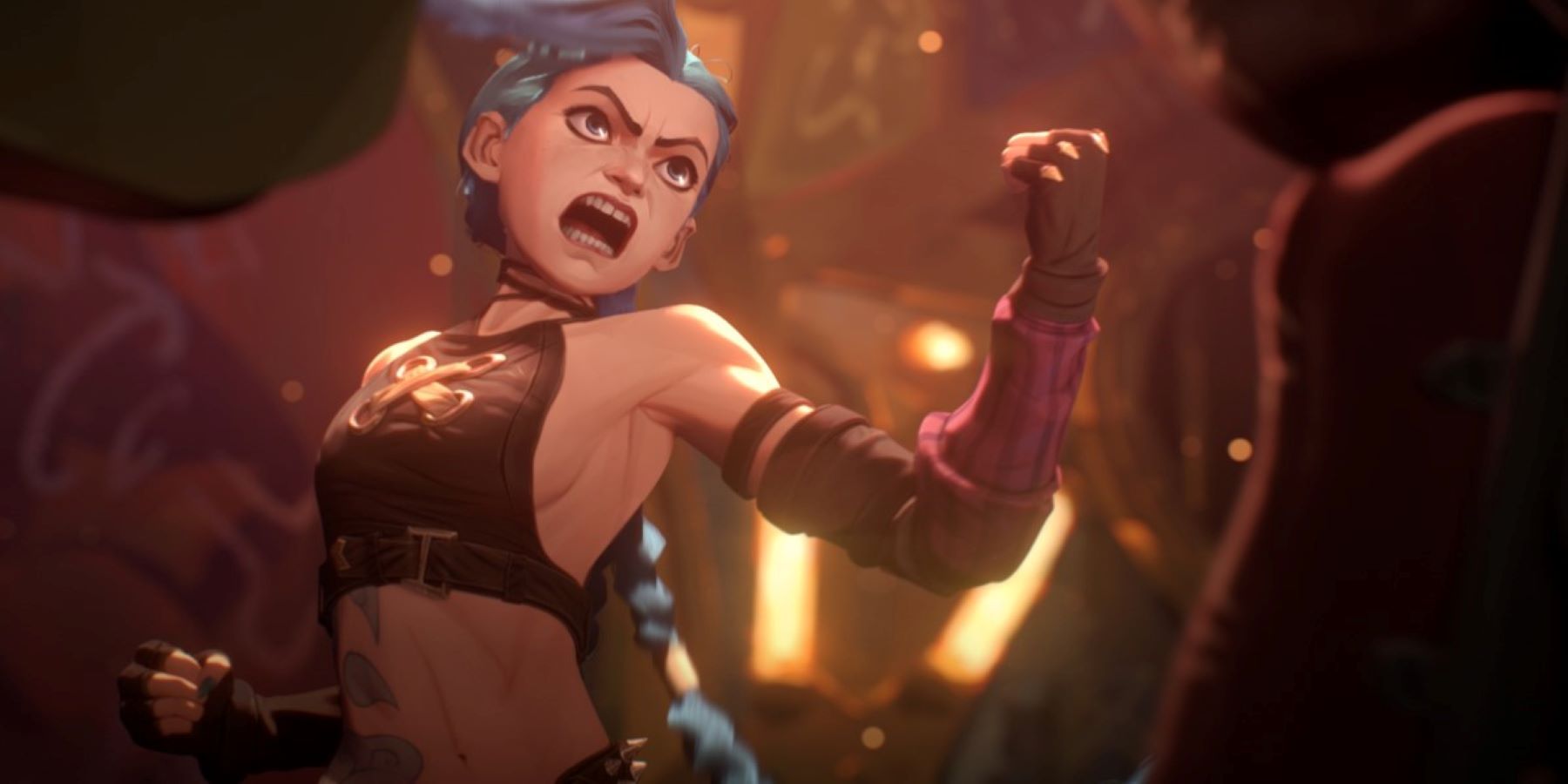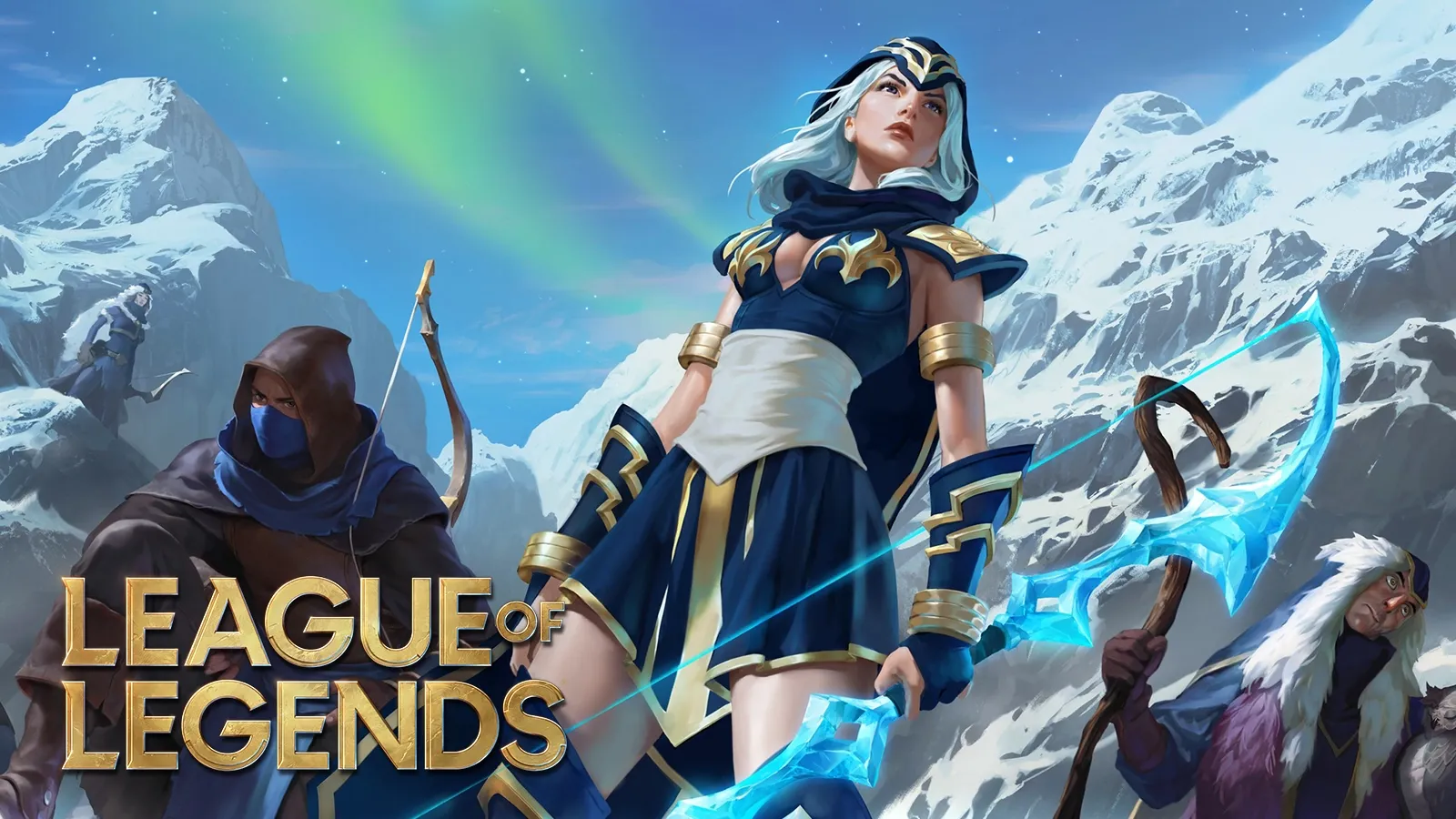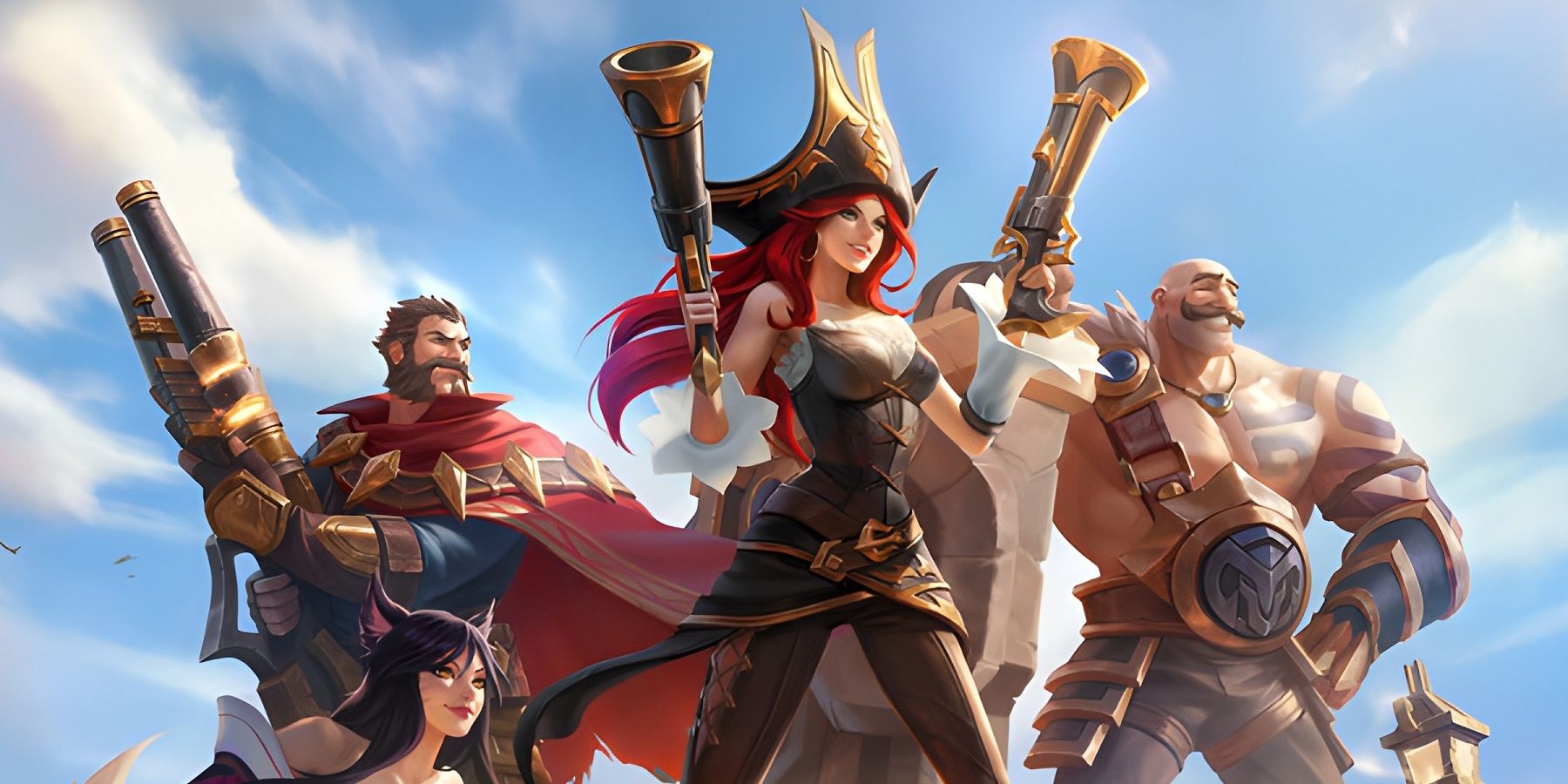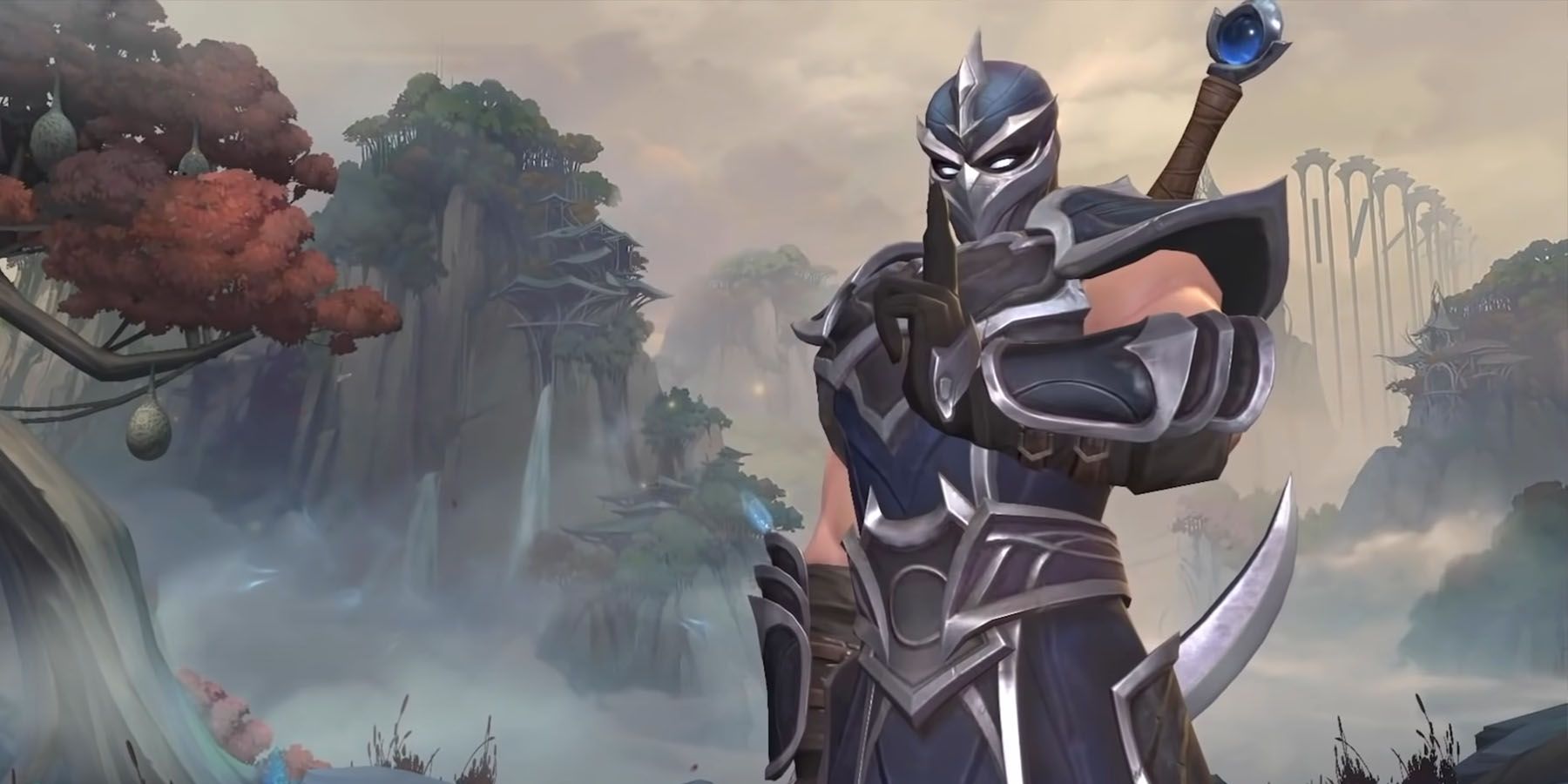League of Legends has dominated the multiplayer online battle arena (MOBA) genre for years. That said, the lore of League of Legends hadn't gotten as much attention as the game's esports scene or the player base's malignant reputation. This spurred Riot Games to fund Arcane, a TV series set in the League of Legends universe, collectively known as Runeterra, focusing on the story of sisters Vi and Jinx. The show would go on to achieve critical success, brinnging the franchise a lot of new fans outside the established League of Legends circles.
Before television, Riot Games had already been expanding into FPS with the popular Valorant and digital collectible card games with Legends of Runeterra. In 2020, developers gave confirmation that Riot Games is developing an MMO, but more details emerged recently about the company's foray into uncharted gaming territory. Evidently, there are many elements that go into a good MMORPG, and Riot's recent successes ensure that expectations are higher than ever.
The Vast League of Legends Lore
The League of Legends lore is very complex and extensive. Of course, it's not the only universe to have mind-numbing lore; one could point to the likes of Warhammer 40k or Nier Automata as subjects for a Master’s thesis. However, different elements of lore generally foster a sense of commonality as if all its parts belong to a unified universe. The world of Runeterra goes down the complete opposite route, and does so to great effect with Champions in League of Legends looking like they were picked from entirely different IPs altogether.
The different civilizations of Runeterra are indeed connected, but are so distinct from each other that it beggars belief that they belong in the same world. From the majestic kingdom of Demacia, the darkness emanating from the mysterious Shadow Isles, and the contrast between the wealth of Piltover and the criminal underworld of Zaun, every civilization has its own story to tell. This holds true for every character in Runeterra as well. An MMORPG would be the perfect medium to flesh out the lore of Runeterra, and it's important that Riot gets that part right.
What A League of Legends MMORPG Gameplay Needs
In terms of gameplay, World of Warcraft pretty much wrote the book on modern MMORPG. However, this also leads MMO titles to turn into World of Warcraft clones with another IP slapped on the front. The DPS, Tank, and Healer character class system makes the backbone of MMORPGs, but combat often turns into a DPS brawl. Interestingly, Tanks and Healers are also underrepresented in League of Legends. If Riot can properly balance the upcoming MMO with Healers like Soraka and Tanks like Cho'gath, it would add a lot of depth to the gameplay.
Of course, there is a reason why MMOs try to stick to the playbook. After all, it is risky to move away from what is already proven to work. Fortunately, several recent MMO titles are experimenting with new ways to approach the genre. For example, New World has a timing-based action combat system that is more reminiscent of classic action adventure rather than MMO. On its end, Lost Ark managed to combine ARPG elements with MMO that gave players something fresh to dig into. Hopefully, the success of these two titles will incentivize Riot Games to try its own formula.
Monetization Done Correctly
As far as monetization practices go, Riot Games has been one of the best actors by far. The Legends of Runeterra digital card game has largely eclipsed other titles of the same genre because it is free-to-play friendly. Most digital card games have aggressive microtransactions that constantly goad players into paying out, but Legends of Runeterra manages to keep the monetization to a minimum, mostly focusing on optional cosmetics. Riot Games titles generally are free-to-play anyway, with monetization coming in the form of cosmetics and battle passes.
In that regard, there are many successful free-to-play MMO as points of reference out there from older titles such as Star Wars: The Old Republic or newer ones such as Lost Ark. Some of the most popular MMO titles such as Final Fantasy 15 opts for an online subscription model, but with the increasingly affordable access to video gaming with services like Xbox Game Pass, it becomes harder for developers to ask for a subscription fee on top of paying for expansions. League of Legends already has a proven monetization model that isn't overbearing on its players, so Riot Games doesn't need to reinvent the wheel for its MMORPG title.
Community Support Goes A Long Way
When the developers respect the players of their game, that's already a good start. Players are generally appreciative when their feedback is heard and implemented by the developers, and it's especially important for online multiplayer games. That said, community support largely hinges on a game's player community. While Final Fantasy 14 won Best Game Community at The Golden Joysticks Awards, League of Legends has the dubious reputation of having one of the most vitriolic player communities in the gaming world. There isn't much that Riot Games can really do about toxic players, but there is hope yet that the prospective MMORPG player base will fare better than for League of Legends.
League of Legends MMORPG is in development.

